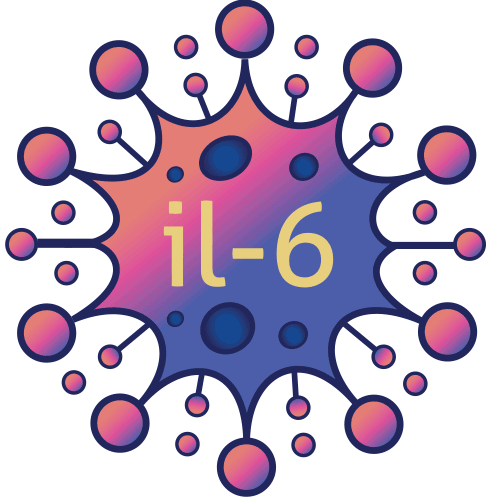Elevated IL-6 and Cancer

IL-6 is closely linked to the progression and severity of several cancers. Elevated IL-6 levels can promote tumor growth by enhancing inflammation, angiogenesis, and resistance to apoptosis. In breast cancer, IL-6 is associated with increased tumor aggressiveness and poor outcomes. Similarly, in colon cancer, high IL-6 levels drive inflammation in the tumor microenvironment, aiding cancer cell proliferation. Lung cancer progression is influenced by IL-6's role in immune evasion and metastatic potential, while in prostate cancer, IL-6 contributes to tumor growth and resistance to therapy. Targeting IL-6 through anti-inflammatory strategies and treatments may offer innovative approaches to slowing tumor progression and improving patient outcomes.




